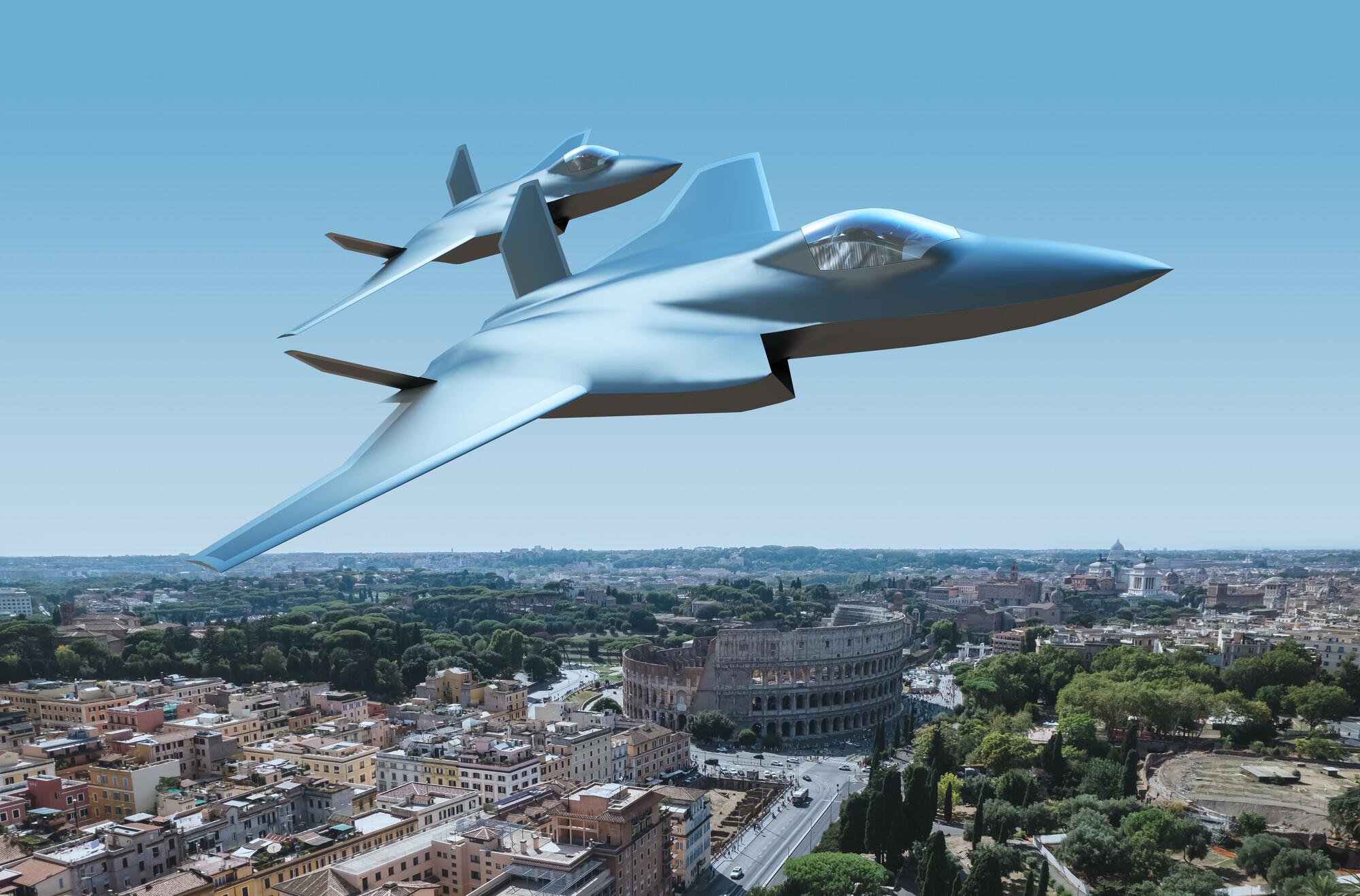
LONDON—The UK defense ministry has released the latest tranche of funding to support the development of technologies for the Global Combat Air Program (GCAP).
The £656 million ($822 million) contract, awarded to BAE Systems on April 14, supports ongoing technology development and maturity efforts ahead of the envisioned full development contract expected in 2025.
The investment forms part of the £2 billion worth of UK government spending allocated to the GCAP/Future Combat Air System (FCAS) project through May 2025, as announced in its integrated review and associated command paper published in 2021.
Officials say the money will “progress the maturity” of more than 60 technology demonstrations, concepts, and technologies as well as support the development of a next-generation fighter demonstrator due to fly by 2027.
Industry—which includes the Team Tempest consortium of BAE Systems, Leonardo, Rolls-Royce, and missile manufacturer MBDA—has been working on the development of future fighter technologies since before 2018 when the UK published its Combat Air Strategy.
Officials add that these efforts will inform the requirements for the twin-engine, low-observable, supersonic fighter aircraft that will be the backbone of GCAP, which is due to enter UK Royal Air Force service by 2035 and replace its Eurofighter Typhoons.
“The next tranche of funding for future combat air will help fuse the combined technologies and expertise we have with our international partners—both in Europe and the Pacific—to deliver this world-leading fighter jet by 2035, protecting our skies for decades to come,” UK Defense Secretary Ben Wallace said.
“By investing in GCAP, we will stay ahead of these intensifying and proliferating threats and provide a highly credible deterrent capability for decades to come,” said Richard Berthon, the UK defense ministry’s director for Future Combat Air.
Parliamentary statements from the defense ministry say the UK has so far spent £1.4 billion on GCAP/FCAS, part of a £10 billion budget for the next 10 years.
Meanwhile, in Italy, industry has launched a GCAP acceleration initiative inviting small businesses, startups, research centers and universities to propose potential applications on the GCAP fighter platform.
The GCAP Acceleration Initiative features some 40 exploration calls around low-observability, counter-artificial intelligence, and cyber and electromagnetic activities technologies.
